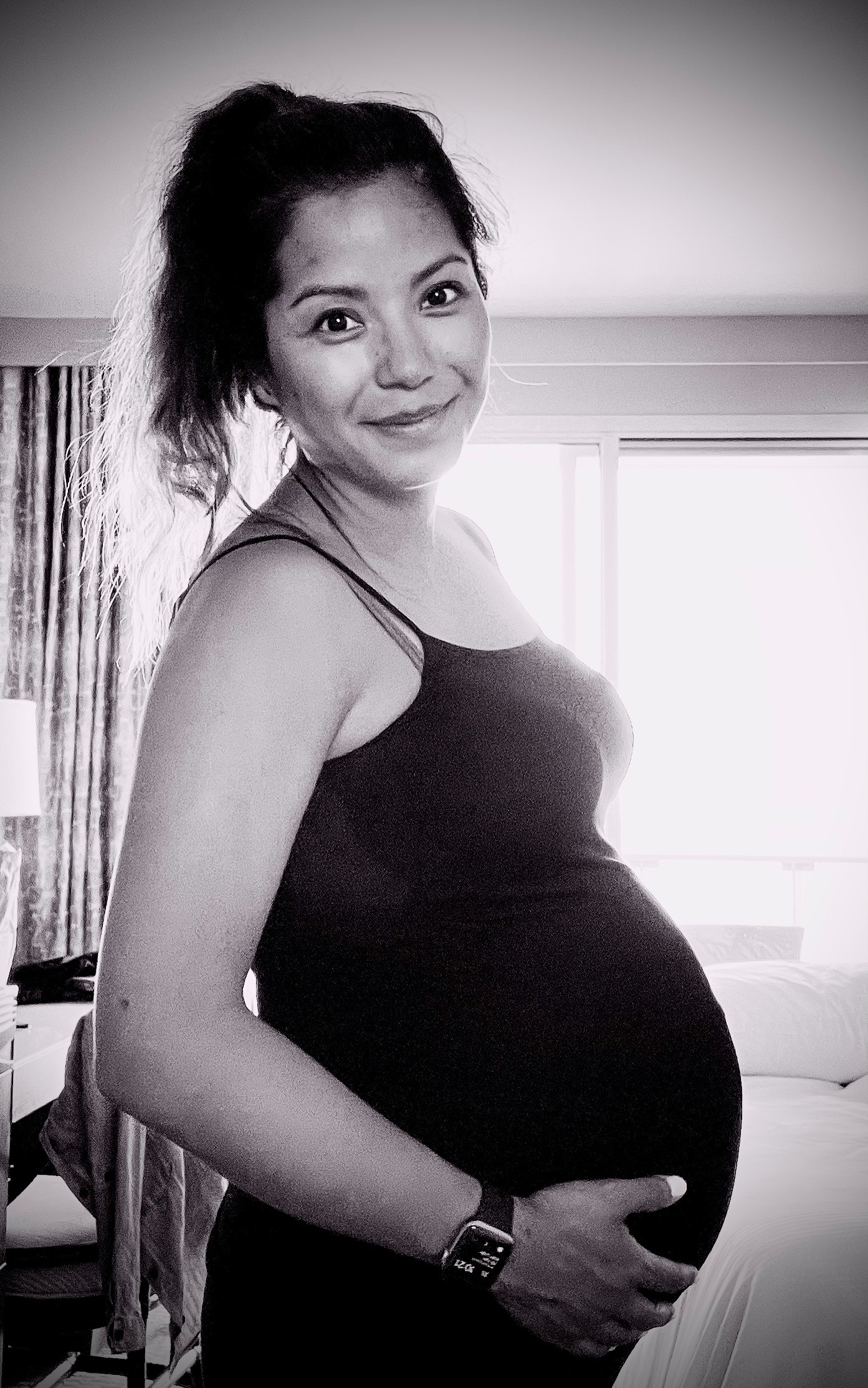
As I approach the final weeks before delivering my second child in cardiology fellowship, my friends outside of medicine ask if I’ve started maternity leave. I answer, “No, I’m saving the 7 weeks of paid leave to start at the time of delivery.” Like most women physician mothers, I have a suspicion you can relate. We want to maximize our time with our newborns before returning to work. While every pregnancy varies, the last few weeks can be quite challenging, depending on the clinical and procedural duties required, all while balancing the responsibilities of “nesting” and mentally preparing for this new addition. While our preferences may differ on how much time we’d ideally spend on maternity leave, I feel it’s worth the few moments to reflect that maybe we would like the opportunity to have more time if we were granted it. That being said, there continues to be a lack of standardization of maternity leave across the country.
As we approach the end of #InternationalWomensMonth and celebrate women across the world and discuss #equalpay, the news of New Zealand’s approval of paid leave after miscarriage announced a few days ago in the NY Times is so fitting for a finale1. Ginny Anderson, the Labour member of Parliament who drafted this bill, stated.
“I felt that it would give women the confidence to be able to request that leave if it was required, as opposed to just being stoic and getting on with life, when they knew that they needed time, physically or psychologically, to get over the grief.”
I have been fortunate to not experience the immeasurable pain of losing a baby through miscarriage or stillbirth. As healthcare providers, we are all aware of the 10-20% of known pregnancies resulting in miscarriages, and with more women, in general, pursuing careers and getting married later in life, us “older mothers” are at increased risk of miscarriage and gestational complications. The jury continues to be out on whether the culture of medicine that embraces night shifts and working long hours contributes to physician miscarriages2. Regardless, the culture of appearing calloused immediately after such a devastating loss and carrying on as expected while mentally grappling with the physical and emotional trauma that lingers seems primitive.
As I hold growing belly during this final stretch, my hope is for all women who desire to be mothers to have the same opportunity to have the time and space to deal with whatever comes down the road. While the rise in pregnancy hormones may explain my emotional post today, the humility I feel and sensitivity to women who may be coping in isolation is not lost on me.
With a warm heart,
Kyla Lara-Breitinger, MD, MS
“The views, opinions and positions expressed within this blog are those of the author(s) alone and do not represent those of the American Heart Association. The accuracy, completeness and validity of any statements made within this article are not guaranteed. We accept no liability for any errors, omissions or representations. The copyright of this content belongs to the author and any liability with regards to infringement of intellectual property rights remains with them. The Early Career Voice blog is not intended to provide medical advice or treatment. Only your healthcare provider can provide that. The American Heart Association recommends that you consult your healthcare provider regarding your personal health matters. If you think you are having a heart attack, stroke or another emergency, please call 911 immediately.”